Living as we do in a golden age of speculative fiction, one in which avid readers may easily obtain works both ancient and new, in quantities so vast no living person could hope to read even the smallest fraction of what is available, it might seem difficult to imagine anything that might make all this even better. The answer: non-fiction about science fiction and fantasy! Even as far back as modern SF’s early days, when there was hardly any SF to write about, commentary on and about speculative fiction has been a thriving field.
Don’t believe me? Consider these ten works.
Modern Science Fiction: Its Meaning and Its Future, edited by Reginald Bretnor (1953)
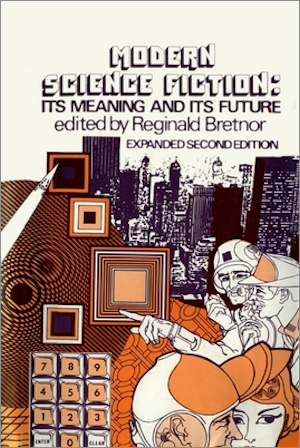
Determined to establish that science fiction was a genre worthy of serious consideration, Bretnor assembled a coterie of experts to expound in essay form on their various specialties. Bretnor’s authors reveal wide-ranging interests beyond SF. Whether this collection accomplished its goal back in 1953, I could not say. However, the work provides an interesting snapshot of science fiction in 1953. I found Boucher’s history of SF publishing especially illuminating.
In Search of Wonder by Damon Knight (1956)
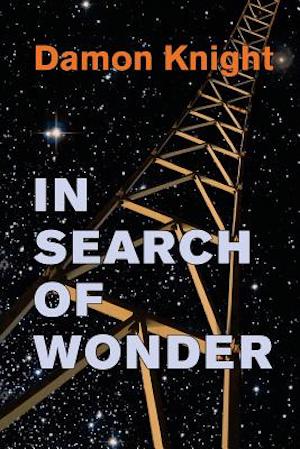
To quote from Knight’s Orbit 21, Knight believed passionately that “science fiction is a field of literature worth taking seriously, and that ordinary critical standards can be meaningfully applied to it: e.g., originality, sincerity, style, construction, logic, coherence, sanity, garden-variety grammar.” This volume collects reviews in which Knight applied those ordinary critical standards to the science fiction of the 1950s. The reviews are often scathing but are also extremely memorable.
The Issue at Hand: Studies in Contemporary Magazine Science Fiction by James Blish, writing as William Atheling, Jr. (1964)
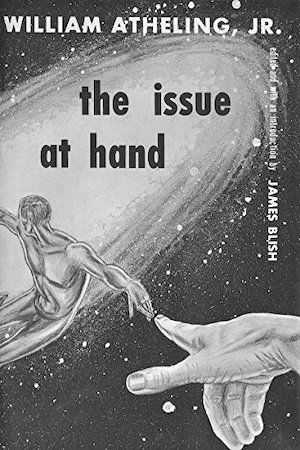
Perhaps sensing frank reviews might not win him friends and allies amongst his colleagues, Blish opted to pursue much the same strategy as Knight under the pen name William Atheling, Jr. As acerbic as Knight, Blish did not refrain from reviewing his own work…or from panning it when he felt he failed to live up to proper critical standards.
The Way the Future Was by Frederik Pohl (1978)
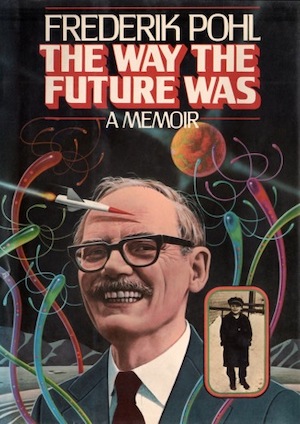
The Futurians were a group of science fiction fans, many of whom became influential writers and editors (including Blish and Knight). Frederik Pohl (1919–2013) was arguably the most influential Futurian, shaping the genre in his roles as fan, agent, editor, and author. This memoir lays out Pohl’s good-natured perspective on science fiction publishing and his role in it, from the 1930s to the 1970s.
The Tough Guide to Fantasyland by Diana Wynne Jones (1996)
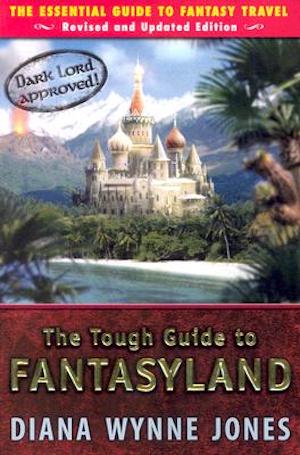
Inspired by her efforts to help update The Encyclopedia of Fantasy, Jones provides a comprehensive tour of well-used clichés and absurdities beloved by authors who valued volume over verisimilitude and veracity. In its way, this book is as scathing as the work of Knight or Blish; however, Jones sweetens her text with ample humor.
Microworlds by Stanisław Lem (1986)
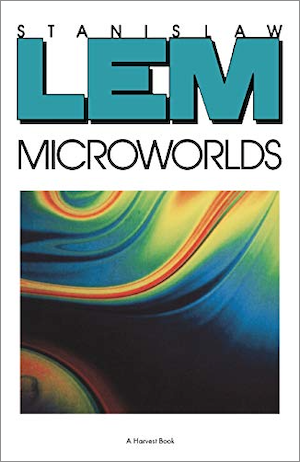
Being possessed of firm and specific views of what science fiction should be, Lem wrestles with the vast gap between science fiction’s potential and science fiction’s reality in this slender collection of essays. Lem reserves his most pointed ire for American science fiction. On the one hand, a cynic might wonder if Lem focused on the shortcomings of American SF because targeting well-connected Warsaw Pact authors might have been risky. On the other, Lem’s complaints are perfectly valid.
The Battle of the Sexes in Science Fiction by Justine Larbalestier (2002)
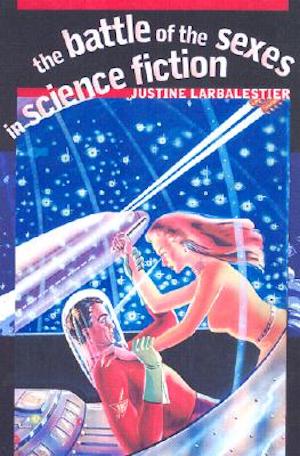
Battle is an exploration of women and feminism in science fiction. While the subject matter could fill multiple volumes, Larbalestier’s one-volume study is impressively wide-ranging, focusing on specific events and grand themes from the early days of SF to the modern era. Her study is sometimes depressing (have things improved or merely changed?), informative, and entertaining. I’d love to see an updated edition (hint, hint).
Better to Have Loved: The Life of Judith Merril by Judith Merril & Emily Pohl-Weary (2002)
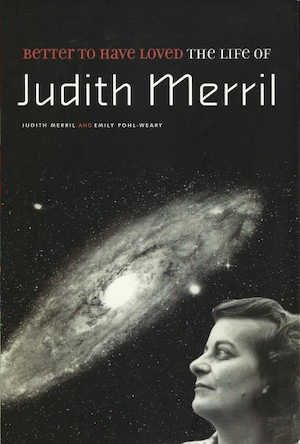
Better to Have Loved is the posthumously published autobiography of noted writer/editor Judith Merril, as edited by her granddaughter, Emily Pohl-Weary. Another influential Futurian, Merril’s personal reminiscences cast invaluable light on science fiction’s development in a field Merril herself shaped as both an author and editor. Merril’s relentless work was of particular importance to her adopted nation, Canada.
Astounding by Alec Nevala-Lee (2018)
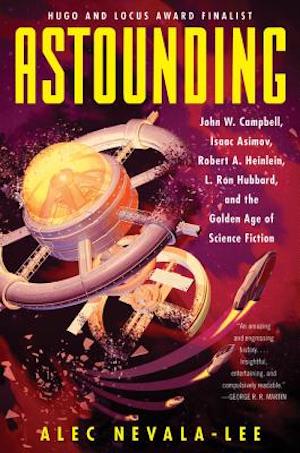
Astounding is an enthralling study of editor John W. Campbell, Jr. and the prominent figures in Campbell’s circle. For a number of reasons, not least of which was that he paid writers well and promptly, Campbell wielded influence to a degree no later editor has matched. For reasons detailed by Nevala-Lee—not least of which that Campbell was a racist crank—this influence was not an unparalleled good. Nevertheless, Campbell and his associates demand insightful examination, which Nevala-Lee graciously provides.
Octavia E. Butler: The Last Interview: and Other Conversations (2023)
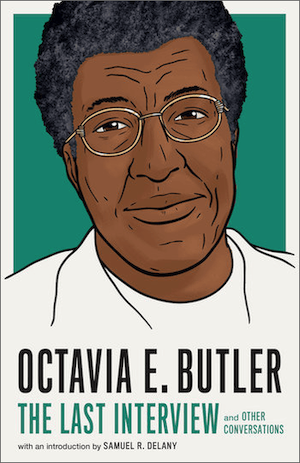
[Note: I didn’t forget to include the name of the editor. As far as I can tell, the book specifies the publisher but not its curator; it also features an introduction by Samuel R. Delany.] This entry in the Last Interview series is not the final interview one might expect from the title. Instead, it delivers an assortment of interviews by a wide variety of interviewers, drawn from across Butler’s all-too-short career. Butler’s evolution as a writer is illuminated, as is the evolving society in which she worked.
***
This is only a very small assortment of non-fiction about science fiction and fantasy. No doubt. I’ve forgotten (or omitted due to my peculiar rules) many worthy examples. Feel free to discuss them in comments below.
In the words of fanfiction author Musty181, four-time Hugo finalist, prolific book reviewer, and perennial Darwin Award nominee James Davis Nicoll “looks like a default mii with glasses.” His work has appeared in Interzone, Publishers Weekly and Romantic Times as well as on his own websites, James Nicoll Reviews (where he is assisted by editor Karen Lofstrom and web person Adrienne L. Travis) and the 2021, 2022, and 2023 Aurora Award finalist Young People Read Old SFF (where he is assisted by web person Adrienne L. Travis). His Patreon can be found here.










